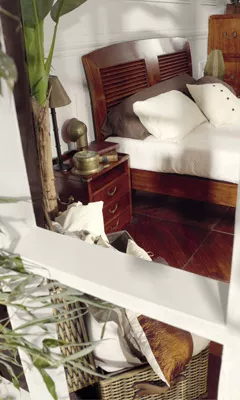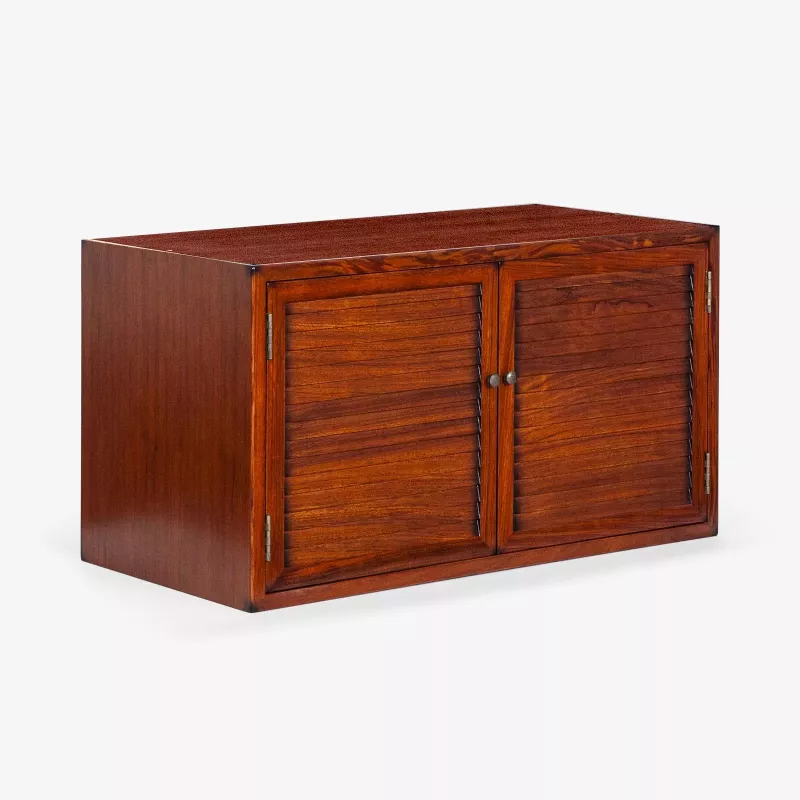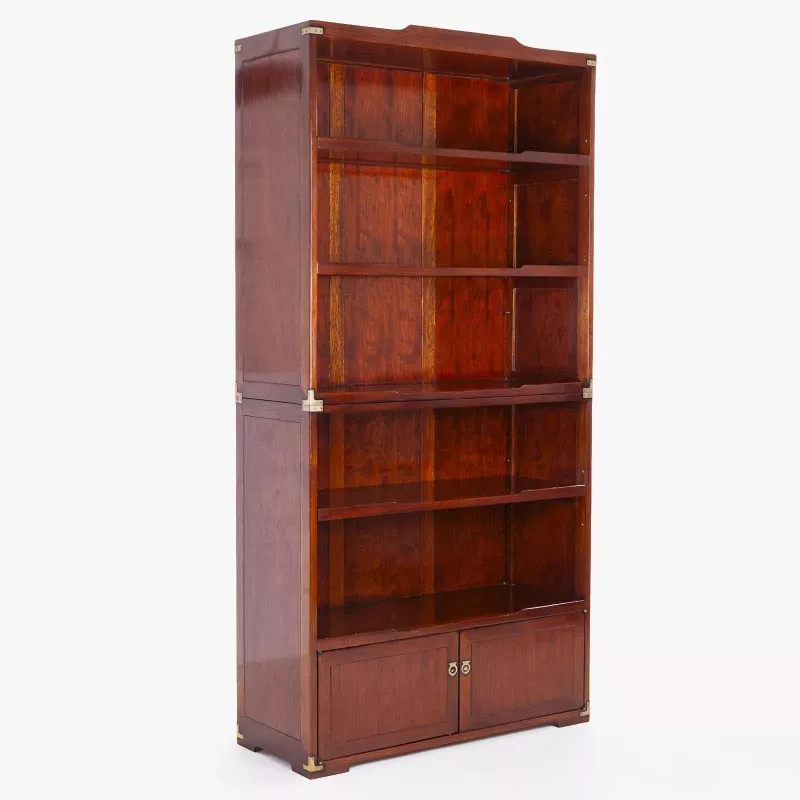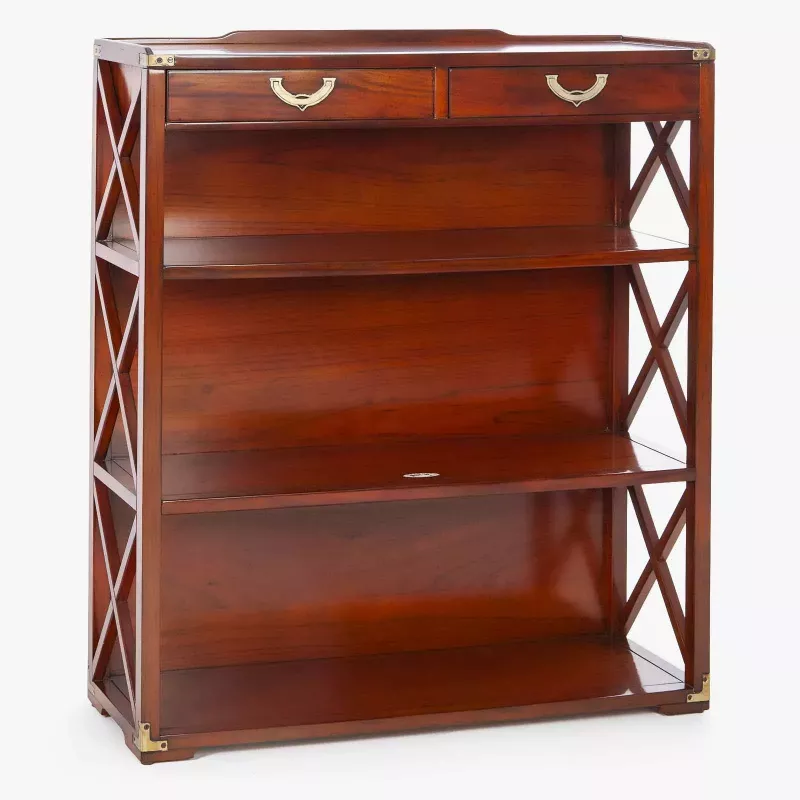SEYCHELLES - 2 doors unit for modular composition
Reference : STAR-0260
Dimensions : L80 x P30 x H37 cm
Stacked and strapped to their palanquins, Korean nomadic libraries, made up of modules that could be assembled, were easy to transport and could be arranged to suit any location.

Custom manufacturing

Premium materials

Traditional assemblies

Exceptional finishes
Product informations
Features
- The "Seychelles" units lets you compose your furniture according to your present needs, and recompose it later in another set up if required (bookcase, TV cabinet, console...)
- There are four types of stackable modules: simple (STAR 263), cross-braced (STAR 264), with doors (STAR 260) and secretary (STAR 267)
- Single modules (STAR 263) can be fitted with drawer inserts (STAR 261)
- Single (STAR 265) or double bases (STAR 266), depending on your layout, can be used to raise your unit at the base. It is purely aesthetic and is not mandatory in the composing of your set.
- The various elements are secured by brass dowels, for perfect stability
Finishes
- Wood varieties : prunus avium (cherry), Entandrophragma cylindricum (sapelli), Entandrophragma utile (sipo)
- Rosewood varnish finish
- Sold brass hardware : hinges, knobs. Metal knobs can be replaced by the bone ones on demand.
Technical information
- Each unit is delivered already assembled and need to be place above one another with a dowel in between (supplied)
- Parcel : W90 x D73 x H47 cm / 21 kg (2pcs)
Maintenance tips
- Remove dust with an anti-static or slightly damp cloth
- Do not apply wax to avoid clogging the varnish
- Avoid cleaning with products that could potentially be abrasive to varnish
- Always protect surfaces before applying liquids or heat
- Nourish leather with body milk (for baby ideally)
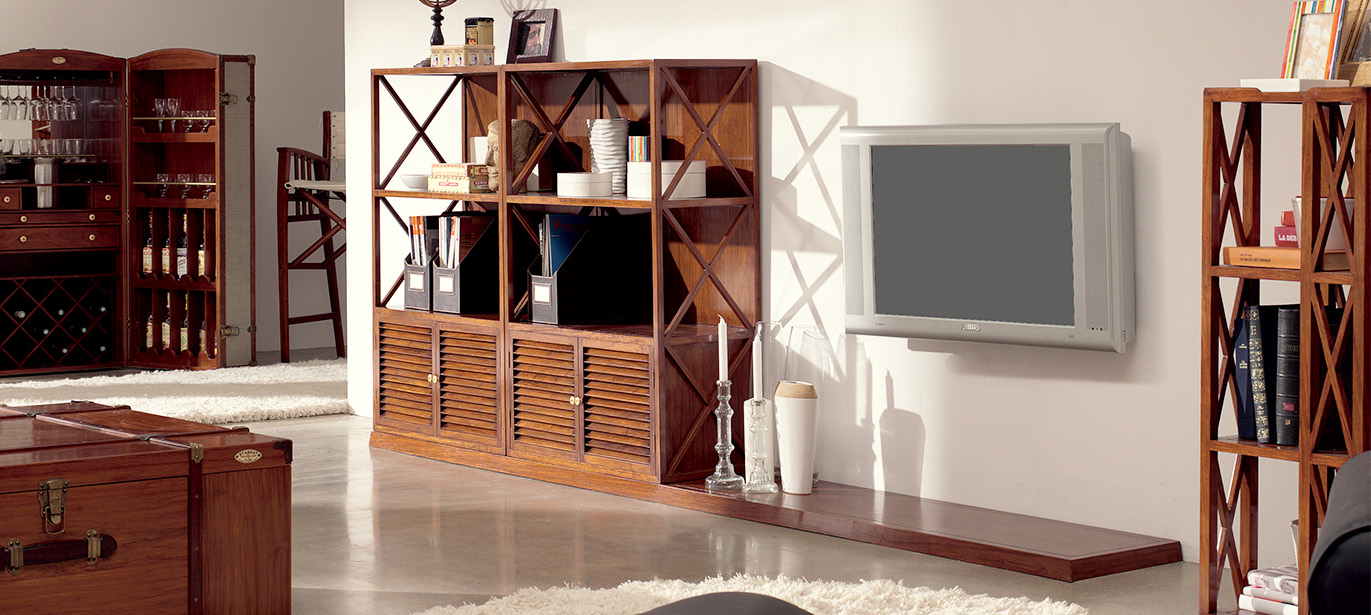

Secure
payment

Made-to-measure
delivery

Customer service
and workshops in France

Click
& Collect
You may also like
Previous
Next

